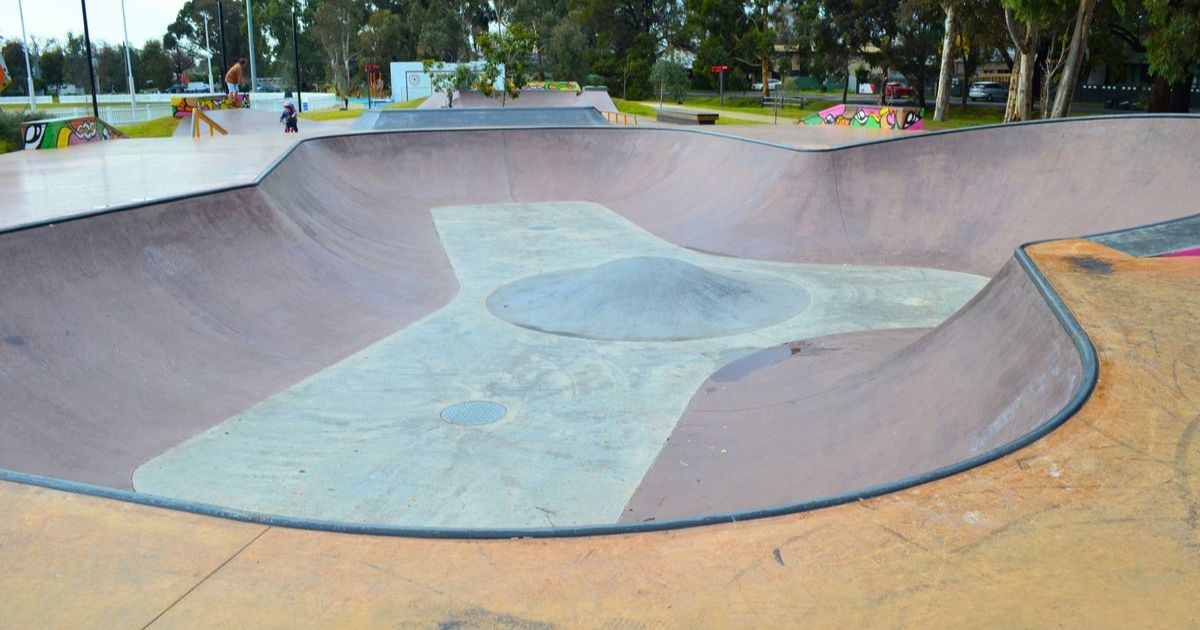Regions leading the way on stroke awareness
New Stroke Foundation data has revealed regional Victorians are more likely than Melburnians to recognise if they or someone else is having a stroke.
The most recent Annual F.A.S.T National Awareness Survey results found that regional Victoria outperforms Melbourne in almost all areas of stroke awareness, particularly when recognising the common stroke signs.
The F.A.S.T acronym highlights the three most common signs of stroke – Facial droop, the inability to lift both Arms, and slurred Speech. The ‘T’ stands for time, as a reminder that a stroke requires time-critical emergency treatment.
“We know that regional Australians are 17 per cent more likely to have a stroke than people living in metropolitan areas so it’s fantastic to see that regional Victorians are taking stroke seriously and equipping themselves with life-saving information,” Stroke Foundation Chief Executive Officer, Sharon McGowan said.
The survey found that 57 per cent of regional Victorians recognise speech difficulties as a sign of stroke, compared to 50 per cent of Melburnians, 48 per cent know facial droop is a sign compared to Melbourne’s 39 per cent, and 11 per cent recognise inability to lift both arms as a sign compared to Melburnians at 10 per cent.
It also found the number of people living in regional Victoria who don’t know a single sign of stroke has decreased in twelve months from 35 per cent in 2021 to 31 per cent in 2022 – that’s approximately 64,000 people in the community who are now aware of at least one sign of stroke.
“Every improvement, no matter how small, has an impact,” Ms McGowan said.
“While four per cent seems like a small increase on paper, that’s tens of thousands of people who now know what a stroke looks like and will be able to react quickly by calling an ambulance.”
Stroke Foundation’s aim is for every Victorian to know the F.A.S.T acronym and to understand the importance of calling an ambulance immediately when stroke strikes.
The organisation is calling on the Victorian Government to help do this by making stroke a spending priority in its 2023 Budget, and invest $250,000 each year over the next four years in a F.A.S.T. Community Education program.
“Investing long-term in education is a proven and effective way to lift awareness. We know our F.A.S.T awareness program works; we’ve seen it succeed in other states like regional New South Wales, where awareness of stroke signs lifted by 20 per cent. We want to see that improvement across Victoria,” Ms McGowan said.
“Unfortunately, Victoria is one of four states and territories that are yet to fund a F.A.S.T awareness education campaign but we’re hopeful the state government will see value in this education program and invest in a generational improvement in the health of its people.”



















